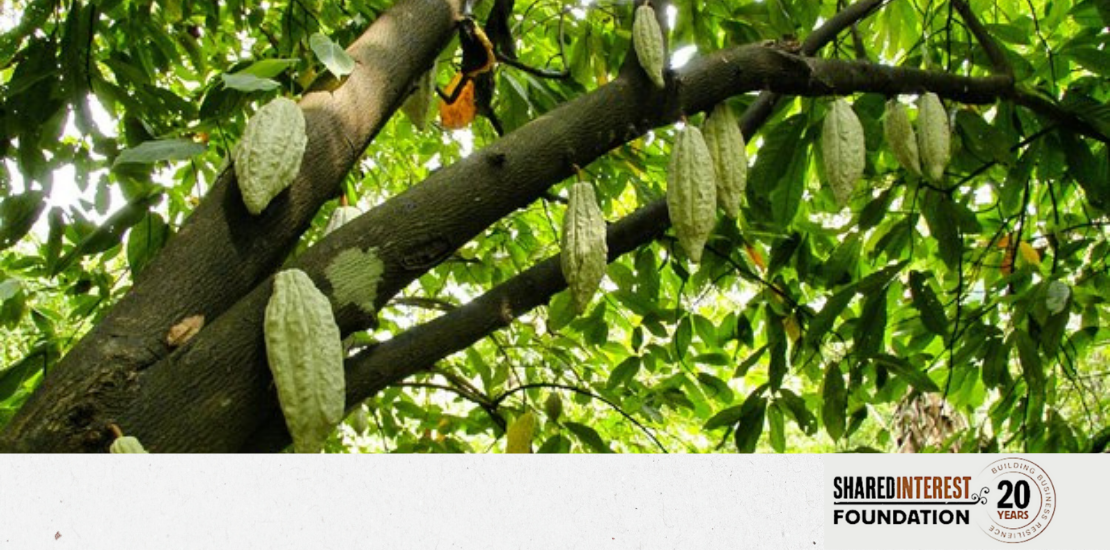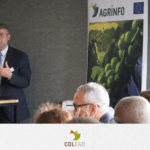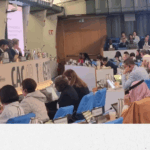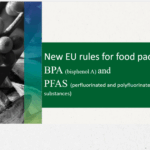- 08/04/2025
- Posted by: Sandra Borma
- Category: News

Between February 2024 and February 2025, COLEAD, in partnership with the Shared Interest Foundation (SIF), designed and implemented a capacity building programme for eight selected agricultural cooperatives / companies (coffee, cocoa, vegetables) in Rwanda, Uganda and Côte d’Ivoire.
A four-part support approach
The support pathway was structured around four key actions, tailored to the needs of each cooperative following an initial diagnostic assessment:
- Organisational and financial diagnostics : Each cooperative benefited from an analysis of its governance and financial management practices. This diagnostic helped to identify strengths, weaknesses and areas for improvement, and specific action plans were developed with the management teams. The process followed a harmonised methodology applied by local experts from both West and East Africa.
- Cooperative governance training : Targeted training sessions were conducted for over 60 members of the cooperative management teams. Topics included cooperative principles, internal management, job description writing, communication and conflict resolution. These sessions were followed by individual remote coaching
- Business and financial planning training : This phase strengthened the cooperatives’ skills in budgeting, strategic planning, accounting documentation and reporting tools. A total of 45 participants were involved. Several cooperatives received guidance with regards to their business plans, strategic plans and operating accounts.
- Climate change awareness : At the end of the programme, bilingual (French/English) sessions enabled 23 agricultural leaders to gain a better understanding of the impact of climate change on key crops (coffee, cocoa, vegetables) and to identify agro-ecological solutions for adaptation. All participants appreciated the relevance of the content and expressed a desire to further strengthen their capacity to develop climate resilience projects.
Tangible and transformative results
The support had a structuring effect on the eight partner cooperatives. Many improved or formalised their governance documents, management tools, internal procedures and member service strategies. Progress was made in document formalisation, financial risk management and income diversification.
In addition, the collaboration strengthened cohesion among leadership and operational teams, fostering a more collaborative, inclusive (especially for youth and women), and innovative dynamic – with growing interest in digital tools and organic farming.
A collaboration based on shared values and ISO 21001 quality standards
The project relied on close coordination between the SIF and COLEAD teams, with fortnightly meetings and on-the-ground support from local experts. The pedagogical approach proved to be inclusive, flexible and adapted to the realities of the beneficiary organisations. It was also fully aligned with COLEAD’s quality standards (ISO 21001).
This strategic partnership clearly demonstrates the potential of high quality technical assistance to build a more professional, resilient and sustainable agricultural cooperative sector.
Shared Interest Foundation was established in 2004 as a charitable subsidiary of Shared Interest Society. Its aim is to work with producers who need support to grow and be more sustainable, ultimately alleviating poverty by helping people to trade and earn a living. Founded in 1990, Shared Interest Society brings together a community of more than 12,000 people in the UK with the common goal of investing in a fairer world. They work hand in hand with communities where income opportunities may be limited and where businesses face increasing challenges. Shared Interest works cooperatively, funding Fair Trade enterprises in 45 countries. Most of these organisations support smallholder farmers who produce around a third of the world’s food but often struggle to feed their families.





